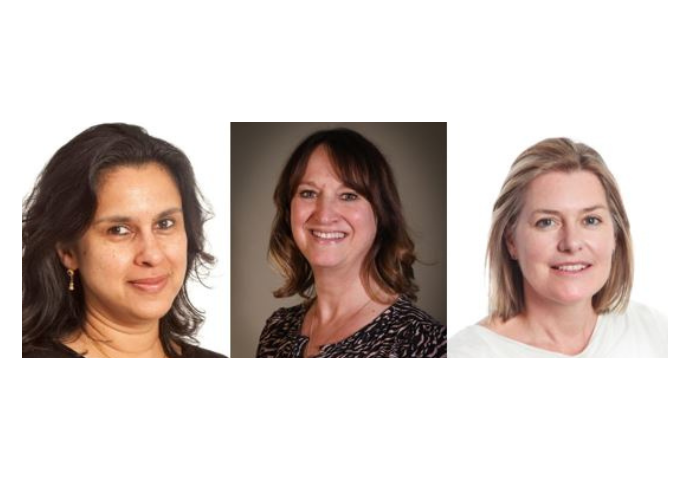Congenital cataract is a cloudiness of the lens of the eye that obstructs vision at a critical time in the baby’s visual development.
Since early detection is so important, all babies born in the UK are checked for cataracts soon after birth as part of the routine new baby examination.
It is not easy and involves shining a bright torch-light into the baby’s eyes. A previous study by the University College London scientists found that a large proportion of children needing cataract surgery may not be detected through this screening programme.
Other studies have shown that many babies are unnecessarily referred to specialists because the current screening method may suggest that there is a problem when there isn’t.
Now a nationwide study, due to start late summer and last 24 months, will find out if a newly developed digital camera, called Neocam, is more accurate than the current test.
This study, which could help to change the way eye checks are done in the UK and across the world, is being led by consultant paediatric ophthalmologist, Dr Louise Allen, from Addenbrooke’s Hospital, Cambridge. She is working with colleagues Professor Jugnoo Rahi of Great Ormond Street Institute of Child Health, and senior midwifery lecturer, Lindsey Rose, of Anglia Ruskin University, Cambridge.
With the help of 23 maternity units across England, the team is inviting 140,000 families to take part in the study by giving permission for their newborn babies to have photographic screening with Neocam in addition to the standard screening method using the eye torch (ophthalmoscope).
Early prototype development and testing was funded by Addenbrooke’s Charitable Trust. Further investment and design improvements have resulted in Neocam, the non-contact camera being used in this study. Unlike screening with the ophthalmoscope, Neocam does not use bright light and its digital eye photos can be transferred to a specialist for a second opinion if necessary.
Dr Allen, inventor of Neocam and a member of the paediatric sub-committee of the Royal College of Ophthalmologists, said: “All babies are screened for cataract as part of their newborn and infant physical examination (NIPE) since early detection and treatment is crucial to prevent life-long blindness.
“However, we know from previous surveys that we need to get better at identifying children with cataracts”
Professor Rahi, a paediatric ophthalmologist and ophthalmic epidemiologist added: “Because cataract in babies is uncommon, most people doing the new-born check will only rarely come across an affected child and we know that interpreting the findings of the current way of checking for cataracts is difficult, especially in babies with dark eyes. So, as well as getting better at ‘ruling in’ cataract, we need to be better at ‘ruling it out’ too, avoiding unnecessary referral to specialists and anxiety for families.”
Lindsey Rose is a member of the NIPE Screening Programme education and training group, and works closely with the NHS England NIPE National Screening Programme team offering specialist advice and guidance on NIPE education issues.
She added: “We need to recruit 140,000 new-born babies and we are asking expectant parents to sign up for the study before their baby is born where possible, although they will be able to sign up while in the maternity unit too.
“Parents will need to give their permission for us to take eye photos with Neocam in addition to the standard ophthalmoscope screening test during their baby’s newborn physical examination. No additional visits to the hospital are needed and Neocam screening causes no discomfort.”
By participating the study, parents and babies can help the research team work out the best way to detect cataracts early on, at a time when blindness can be prevented.
If successful, this new form of testing has the potential to change congenital screening internationally and could be particularly helpful in low and middle income countries where childhood cataracts are twice as common as the UK.
Anyone interested in the study, which is due to start in the autumn and last 18 months, can find more information and a list of the hospitals participating here.
Image: Pictured from left are Professor Jugnoo Rahi, Lindsey Rose and Dr Louise Allen.


